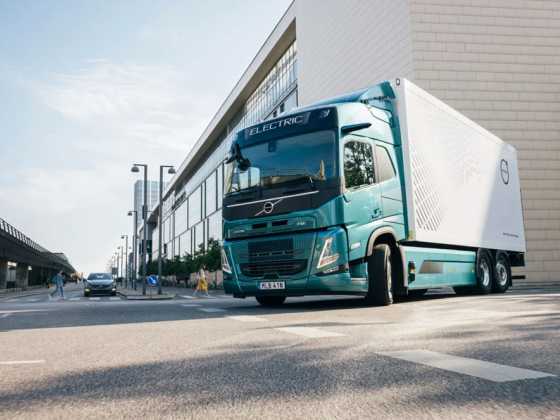Human waste powered 'Bio-Bus' hits the roads
A bus powered entirely by human waste and food leftovers has taken to the road in a first for the UK.
he 40-seater Bio-Bus runs on gas generated from sewage and food waste at Bristol sewage treatment works – a plant run by Wessex Water subsidiary GENeco – with a range of up to 300km on a full tank of gas, which takes the annual waste of about five people to produce.
The bus will be operated by Bath Bus Company on its A4 service from Bath to Bristol Airport via South Bristol. It produces less emissions than a traditional diesel engine, which engineers behind the project believe will help improve urban air quality and provide a sustainable way of fuelling public transport in the future.
Collin Field, engineering director, at Bath Bus Company, said: "The timing of this initiative could not be more appropriate as we approach 2015, when the City of Bristol itself becomes European Green Capital.
“With so much attention being directed towards improving air quality generally, the public reaction to the appearance of this bus on a service between a World Heritage City and an airport will further focus on the potential for this particular fuel."
As well as installing a gas refuelling plant for the bus, GENeco became the first company in the UK to start feeding gas generated from food waste and sewage into the national gas network this week, following the construction of a state-of-the-art gas plant.
The Bristol sewage treatment works uses a process known as anaerobic digestion to treat around 75 million cubic metres of sewage waste and 35,000 tonnes of food waste a year, generating 17 million cubic metres of biomethane in the process – enough gas to meet power needs of 8,300 homes.
GENeco general manager Mohammed Saddiq said: "Through treating sewage and food that’s unfit for human consumption we’re able to produce enough biomethane to provide a significant supply of gas to the national gas network that’s capable of powering almost 8,500 homes as well as fuelling the Bio-Bus.
"Gas-powered vehicles have an important role to play in improving air quality in UK cities, but the Bio-Bus goes further than that and is actually powered by people living in the local area, including quite possibly those on the bus itself.
"Using biomethane in this way not only provides a sustainable fuel, but also reduces our reliance on traditional fossil fuels."
The development of the bus follows on from the Bio-Bug produced by GENeco in 2010 – a car powered by biomethane produced during the sewage treatment process that was used in various trials to see how viable it was to power a vehicle on sewage gas.
Charlotte Morton, chief executive of the Anaerobic Digestion & Bioresources Association, said: “GENeco’s Bio-Bus is an excellent demonstration of biomethane’s unique benefits; decarbonising areas other renewables can’t reach.
“A home-generated green gas, biomethane is capable of replacing around 10 per cent of the UK’s domestic gas needs and is currently the only renewable fuel available for HGVs.”
"The bus also clearly shows that human poo and our waste food are valuable resources. Food which is unsuitable for human consumption should be separately collected and recycled through anaerobic digestion into green gas and biofertilisers, not wasted in landfill sites or incinerators.
“The Bio-Bus will also help to demonstrate the true value of separate food waste collections, which are now obligatory in all other regions, to the English government."



